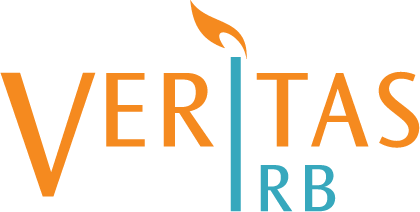Based on Canadian and American regulations, research sponsors must obtain the right to distribute and use an investigational drug for the purpose of a clinical trial. In both countries, sponsors of research must file an application to the applicable regulatory agency. This will exempt sponsors from the traditional approval requirements that are necessary to import and/or distribute a drug across the country.
While the rule is generally the same, the process by which a sponsor obtains such distribution exemptions to conduct a drug clinical trial somewhat differs. Therefore, what is considered a “regulatory approval” to conduct a clinical trial in the United States is not entirely the same as in Canada.
Under the American regulations, a sponsor can initiate a clinical trial on the 31st day following the submission of its Investigational New Drug Application, unless the FDA notified the sponsor that the proposed clinical trial is subject to a “clinical hold”1. In Canada, a sponsor could also legally initiate a clinical trial on the 31st day following the submission of a Clinical Trial Application2. However, Health Canada’s Therapeutic Products Directorate has adopted the practice of issuing a No Objection Letter (NOL) for the applicable clinical trial to import a drug into Canada for research purposes. As a result, it is often perceived that the initiation of a clinical trial in Canada can only take place when the NOL is received.
Where there’s a clear distinction between countries, is with regards to the regulatory approval of protocol amendments after the initiation of a clinical trial. In the United States, a sponsor may immediately implement a protocol amendment upon submission to the FDA if the responsible IRB approves the change3. In Canada, not only does the IRB need to provide its approval, but the sponsor must either wait 30 days after the submission of the amendment to Health Canada or wait for a new NOL to be issued, whichever comes first.
So what does this mean? Treating the regulatory approval process in the same manner across borders may expose sponsors to situations of non-compliance. This in turn, can result in delays that increase the time and cost needed to complete a study.
This is one example that illustrates the potential pitfalls of conducting transnational clinical trials and the importance of understanding local differences, establishing proper communication with local research sites and developing collaborations with local partners.
121 CFR 312.40 and 312.42.
2Food and Drug Regulations, c.r.c. c. 870, art. C.05.006 (1)
321 CFR 312.30 (b)
About the Author



